Networked noughties 2000-2002
Learning with e's
DECEMBER 19, 2009
The last 10 years will be known as the networked decade. Sure, previous years saw the telephone, CB radio, television, the Web and e-mail, but this decade was the one when social networking came of age, and where unprecendented access to vast storehouses of knowledge became common place for millions across the globe.



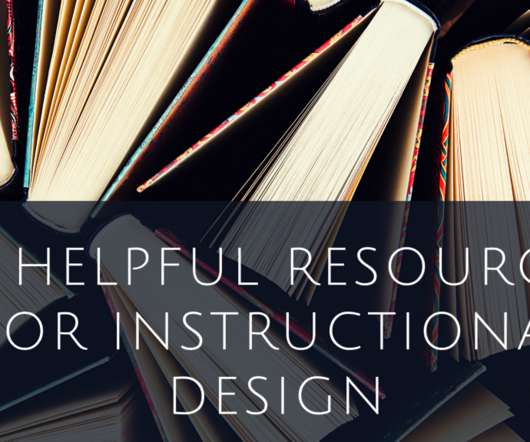





















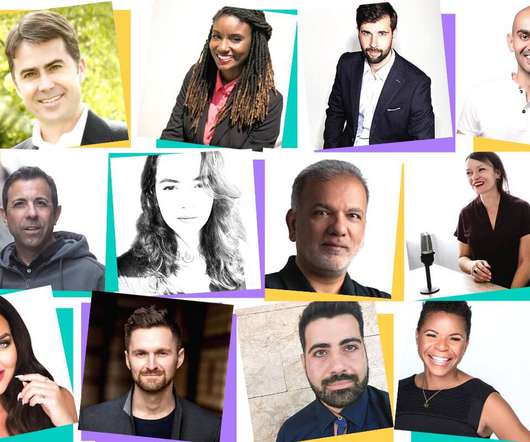
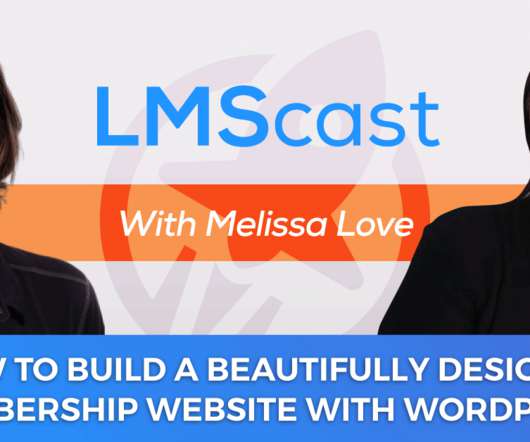

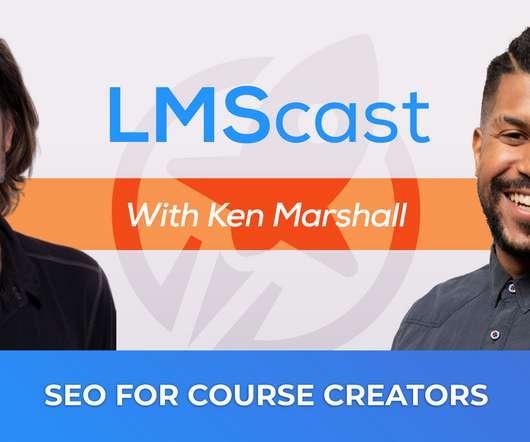

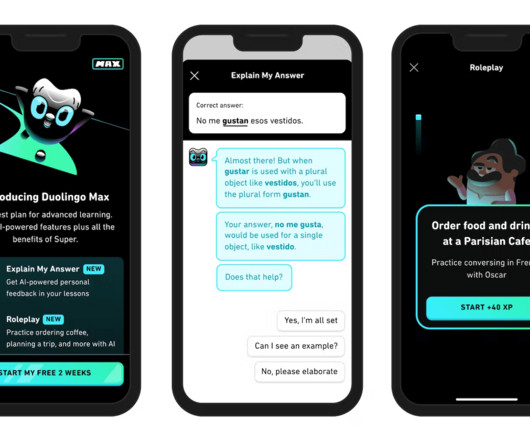











Let's personalize your content